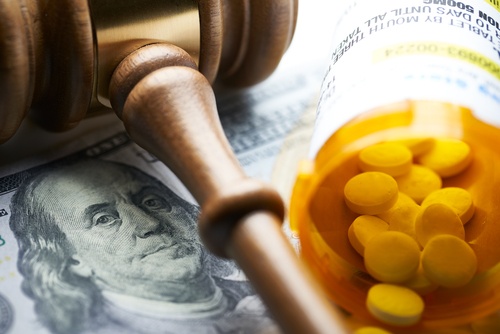
On October 24, 2018, Congress passed the Substance Use-Disorder Prevention that Promotes Opioid Recovery and Treatment for Patients and Communities Act (the “SUPPORT Act”), two sections of which constitute the Eliminating Kickbacks in Recovery Act of 2018 (“EKRA”). EKRA was codified at 18 U.S.C. § 220.
Similar to the Anti-Kickback Statute, EKRA was enacted to address abusive payment arrangements but intended for the context of opioid epidemic treatment and recovery efforts. Specifically, EKRA prohibits the knowing and willful (1) solicitation or receipt of remuneration for referring a patient to a recovery home, clinical treatment facility, or laboratory, or (2) payment or offer of remuneration to either induce a referral of an individual to, or in exchange for an individual using the services of, a recovery home, clinical treatment facility, or laboratory.
Despite EKRA’s original intent to address the opioid crisis in the country, we recently have seen the government apply the law to laboratories’ commercial claims allegedly resulting from kickbacks in situations having nothing to do with the use of opioids. The statute’s broad language arguably accommodates this broad application of the new anti-kickback law to purely commercial claims, unlike the traditional Anti-Kickback Statute which is limited to federal health care programs.
Our Health Law Ticker is a one-stop resource for everything new and noteworthy in healthcare law. We cover recent developments in healthcare legislation, healthcare reform, Medicare/Medicaid, managed care, litigation, regulatory compliance, HIPAA, privacy, peer review, medical staffs and general business operations for healthcare companies and licensed healthcare professionals.
Stay Connected
 RSS Feed
RSS Feed
